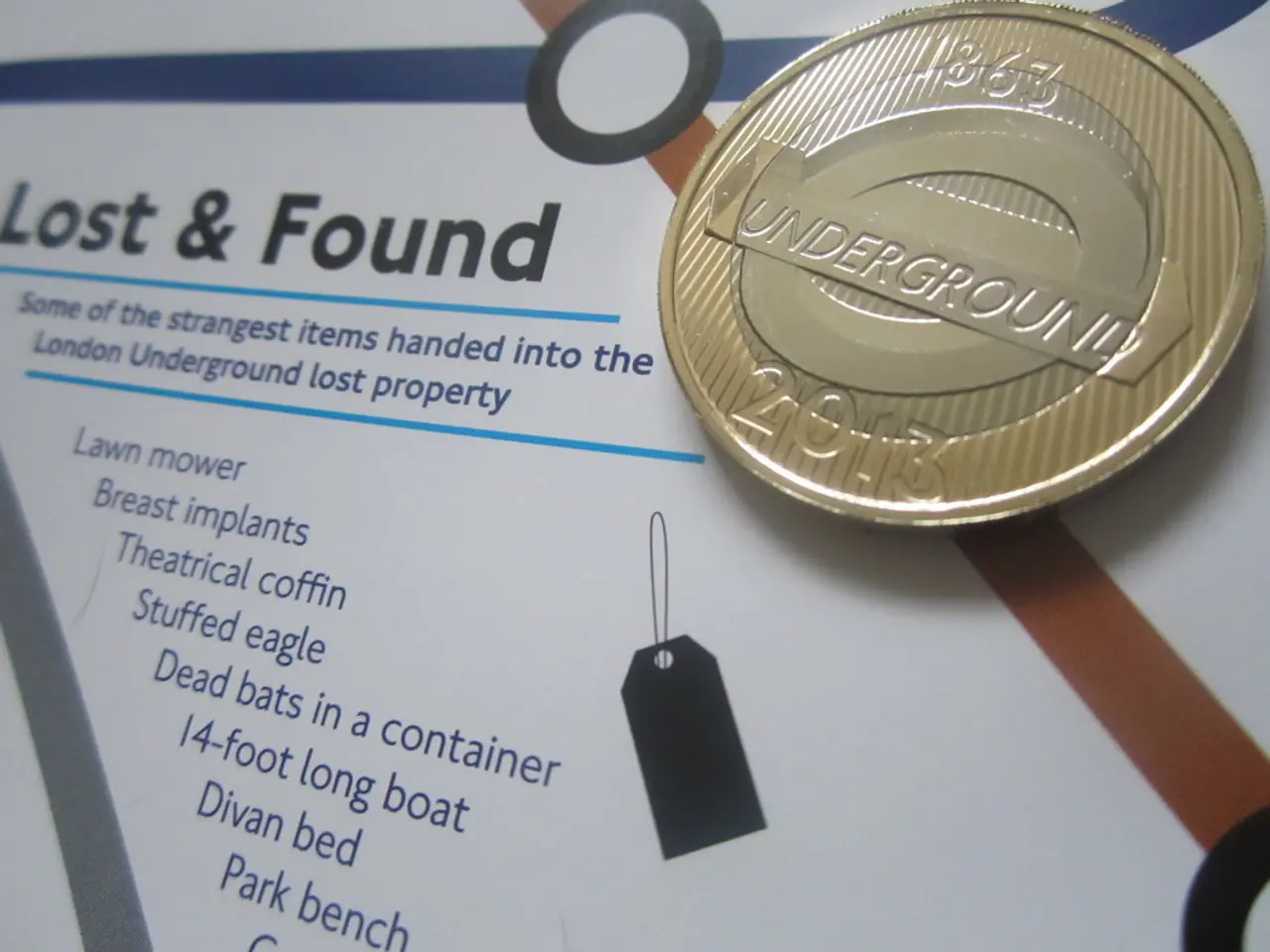Financial strains inflict lasting impacts on the financial records of the North Baltic Canal projects.
In a significant turn of events, the Kiel Canal, a vital shipping route connecting the Baltic Sea and the North Sea, was forced to close for two weeks over the New Year due to a pipeline leak. The leak, which occurred in Brunsbüttel in December 2022, resulted in up to 300 tonnes of crude oil flowing into the waterway.
According to the General Directorate of Waterways and Shipping, the closure has left clear marks on the balance sheet, negatively impacting the canal's financial standing for the year. The closure disrupted shipping routes, potentially increasing travel times and costs for vessels, leading to delays in deliveries and increased fuel consumption.
In 2022, a total of 82.25 million tonnes of cargo were carried through the Kiel Canal, 2.9 million tonnes less than in 2021. The canal saw 26,882 ships pass through its waters, 411 fewer than the previous year. These figures suggest that the closure had an impact on the number of ships passing through the canal and the total cargo volume carried.
Jens-Broder Knudsen, chairman of the Initiative Kiel-Canal, stated that the canal could have had a great year if it hadn't been for the closure due to the pipeline leak. He emphasised that the canal had been compensating for the consequences of the Ukraine war and higher fuel prices this year, but the closure negatively impacted its balance.
The closure of the Kiel Canal could have far-reaching economic implications. Shipping companies might incur additional costs due to rerouting, which could be reflected in higher shipping costs for goods transported through the affected area. This could lead to reduced revenue for shipping companies and increased costs for cargo owners.
Moreover, the Kiel Canal is crucial for trade between the Baltic and North Sea regions. Disruptions can temporarily reduce trade volumes, impacting regional economies that rely heavily on these shipping routes. The full extent of these economic impacts is yet to be determined, but it is clear that the closure has had a significant impact on the Kiel Canal's operations and the shipping industry as a whole.
As the situation unfolds, further analyses from relevant authorities or industry reports will provide a clearer picture of the impact of the Kiel Canal pipeline leak on 2022 shipping statistics and revenue.
The financial industry should carefully analyze the potential long-term financial consequences of the Kiel Canal's closure, considering increased shipping costs and reduced revenue for both shipping companies and cargo owners. The energy sector may also be impacted, as disruptions to the Kiel Canal could temporarily reduce trade volumes in the Baltic and North Sea regions, affecting the overall efficiency and energy consumption of the shipping industry.




